Move
WHY YOU WON’T SEE A SCALE IN A BARRE3 STUDIO
You can count on many things when you come into a barre3 studio, among them a beautiful space, an amazing community, and a total-body workout. One thing that’s notably absent? A scale—and there’s a good reason for that.
We sat down with barre3 Director of Training Lisa Schale-Drake to talk about why you don’t see scales in barre3 studios. Read on for her explanation—and some thoughts about things you can focus on to track your progress instead.
Q: Why don’t barre3 studios have scales?
A: We’ve never had scales, and we’ve consciously done that because so much of barre3 is about looking within and finding what is best for you. It’s about letting barre3 be a place for self-discovery. With exterior measures of success, like the number on a scale, we don’t have that ability.
Q: So you don’t believe the number on the scale tells the whole story?
A: Our number-one mission is to teach people to be balanced in their body and feel empowerment from within. We don’t have scales in our studios because it can create a false sense of success in regards to feeling balanced in the body. A lot of times people just focus on the number on the scale instead of tuning in to how they are feeling. They don’t ask if they are feeling stronger or if they have more energy or if they’re sleeping better or if they’re more comfortable in their skin.
Q: Are there any other reasons that the number on a scale can be misleading or a distraction?
A: Well, this is more of a scientific thing, but muscle is denser than fat, so as people get more muscle tone and find more balance in their body through barre3, sometimes that number on the scale can get higher and [feel like it] defeats what they are after.
Q: What would you rather people focus on to help them measure progress?
A: I do think that the most important indicator of progress is how you are feeling in your body. For example, look at your energy levels. Do you feel like you have more sustained energy? Does your body feel good? Do you have decreased joint pain and more range of motion? You can also pay attention to how you progress with the workout and notice when you can stay in a posture longer than usual. Or maybe you can do a posture that you couldn’t do a month before.
We also want people to look at what they can do in their life. Before barre3, a lot of people say they couldn’t walk up a hill without losing their breath. But after barre3, they can do that with ease—and also do things like hike and bike.
Q: Why is it more helpful to focus on these other things?
A: It takes the pressure off, and allows you to sit back for a moment and really figure out what you need in your body. I always say there is a guilt associated with exterior measures of success. If you aren’t losing the weight, you may feel like you’ve failed.
If you let that go, it becomes a different conversation. You focus on what you actually have and what your body needs and base your decisions off of that. It becomes a more joyous experience, and movement can be about moving versus moving to lose weight. You can move to feel stronger or to have that rush of energy it gives you or because it will make your heart healthier. Letting go of the number allows you to tap into your internal wisdom, which is equally sexy and awesome.
Q: What do you say to people who are really set on tracking their progress by stepping on the scale?
A: The scale is what people know, so it’s normal for people to have those [scale-related] goals. I say have that goal, but let’s dig a little deeper and answer the question: What’s beyond the number? What are you really hoping to achieve with the weight loss? We try to better understand what they think will happen when they lose 20 pounds. The answers are often that they want to be happy with the way they look or that they want more energy.
I also ask people to look at their health holistically, because exercise is just one piece of the pie. Then I give them time. After a month of taking barre3, their conversations organically shift because, through taking class, they realize it’s about so much more than losing weight and getting thin. It’s about wellness.
Ready to tap into all the benefits of barre3? Book a studio class, or sign up for barre3 Online today!
You can count on many things when you come into a barre3 studio, among them a beautiful space, an amazing community, and a total-body workout. One thing that’s notably absent? A scale—and there’s a good reason for that.
We sat down with barre3 Director of Training Lisa Schale-Drake to talk about why you don’t see scales in barre3 studios. Read on for her explanation—and some thoughts about things you can focus on to track your progress instead.
Q: Why don’t barre3 studios have scales?
A: We’ve never had scales, and we’ve consciously done that because so much of barre3 is about looking within and finding what is best for you. It’s about letting barre3 be a place for self-discovery. With exterior measures of success, like the number on a scale, we don’t have that ability.
Q: So you don’t believe the number on the scale tells the whole story?
A: Our number-one mission is to teach people to be balanced in their body and feel empowerment from within. We don’t have scales in our studios because it can create a false sense of success in regards to feeling balanced in the body. A lot of times people just focus on the number on the scale instead of tuning in to how they are feeling. They don’t ask if they are feeling stronger or if they have more energy or if they’re sleeping better or if they’re more comfortable in their skin.
Q: Are there any other reasons that the number on a scale can be misleading or a distraction?
A: Well, this is more of a scientific thing, but muscle is denser than fat, so as people get more muscle tone and find more balance in their body through barre3, sometimes that number on the scale can get higher and [feel like it] defeats what they are after.
Q: What would you rather people focus on to help them measure progress?
A: I do think that the most important indicator of progress is how you are feeling in your body. For example, look at your energy levels. Do you feel like you have more sustained energy? Does your body feel good? Do you have decreased joint pain and more range of motion? You can also pay attention to how you progress with the workout and notice when you can stay in a posture longer than usual. Or maybe you can do a posture that you couldn’t do a month before.
We also want people to look at what they can do in their life. Before barre3, a lot of people say they couldn’t walk up a hill without losing their breath. But after barre3, they can do that with ease—and also do things like hike and bike.
Q: Why is it more helpful to focus on these other things?
A: It takes the pressure off, and allows you to sit back for a moment and really figure out what you need in your body. I always say there is a guilt associated with exterior measures of success. If you aren’t losing the weight, you may feel like you’ve failed.
If you let that go, it becomes a different conversation. You focus on what you actually have and what your body needs and base your decisions off of that. It becomes a more joyous experience, and movement can be about moving versus moving to lose weight. You can move to feel stronger or to have that rush of energy it gives you or because it will make your heart healthier. Letting go of the number allows you to tap into your internal wisdom, which is equally sexy and awesome.
Q: What do you say to people who are really set on tracking their progress by stepping on the scale?
A: The scale is what people know, so it’s normal for people to have those [scale-related] goals. I say have that goal, but let’s dig a little deeper and answer the question: What’s beyond the number? What are you really hoping to achieve with the weight loss? We try to better understand what they think will happen when they lose 20 pounds. The answers are often that they want to be happy with the way they look or that they want more energy.
I also ask people to look at their health holistically, because exercise is just one piece of the pie. Then I give them time. After a month of taking barre3, their conversations organically shift because, through taking class, they realize it’s about so much more than losing weight and getting thin. It’s about wellness.
Ready to tap into all the benefits of barre3? Book a studio class, or sign up for barre3 Online today!


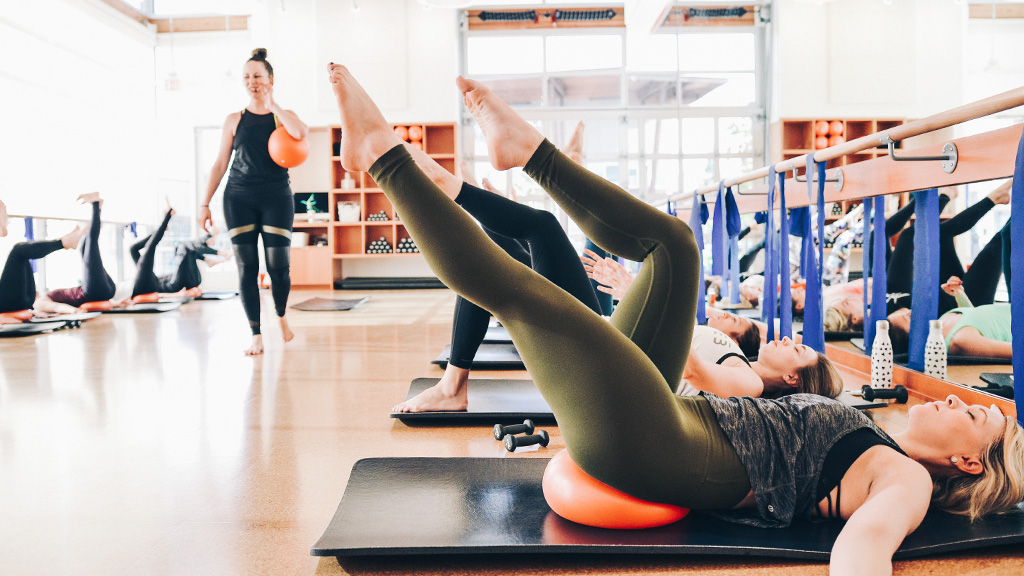
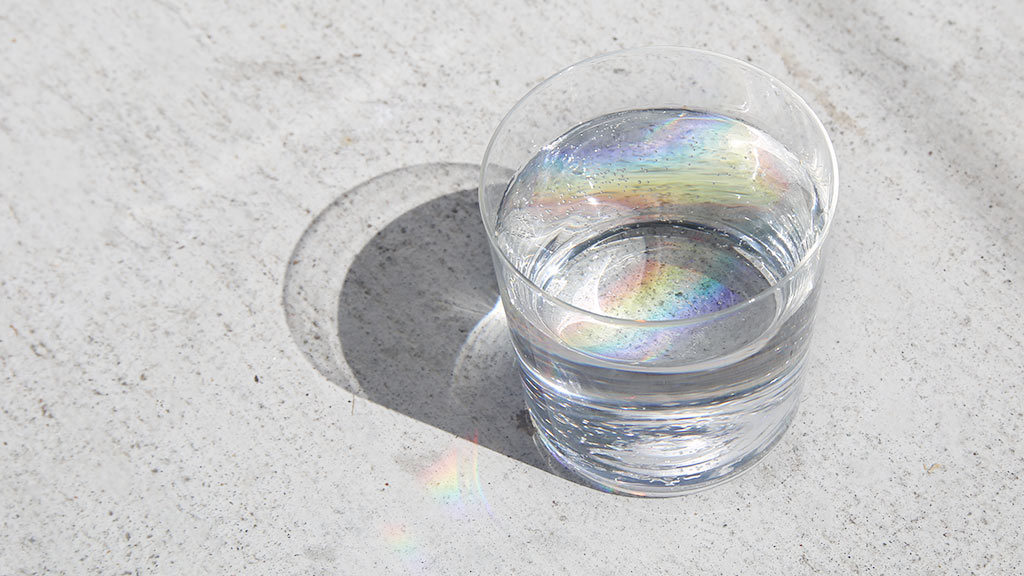
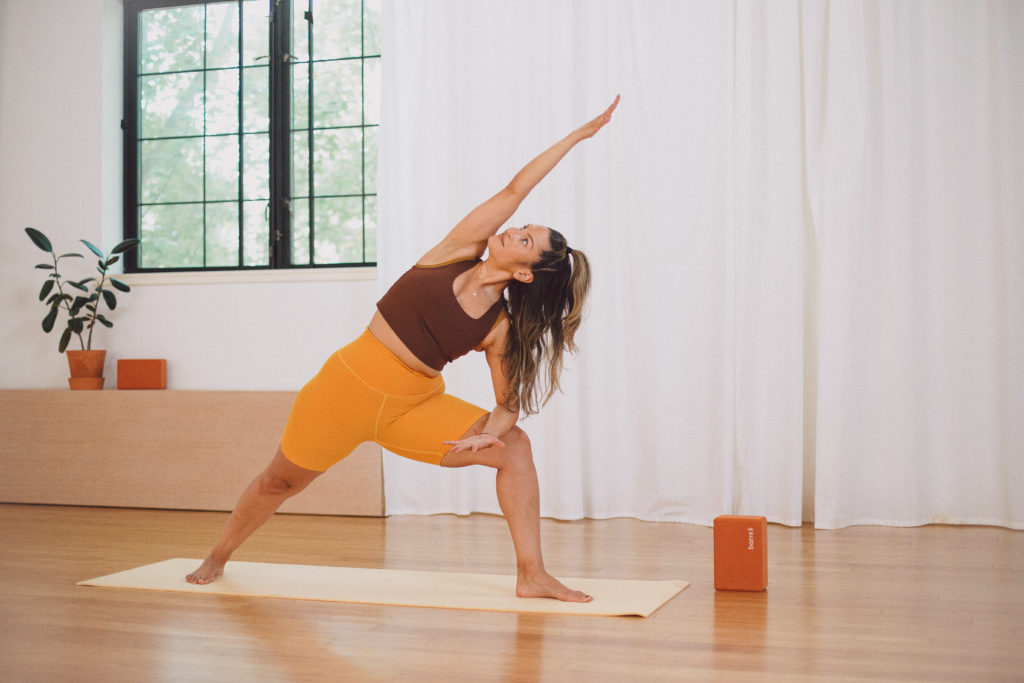
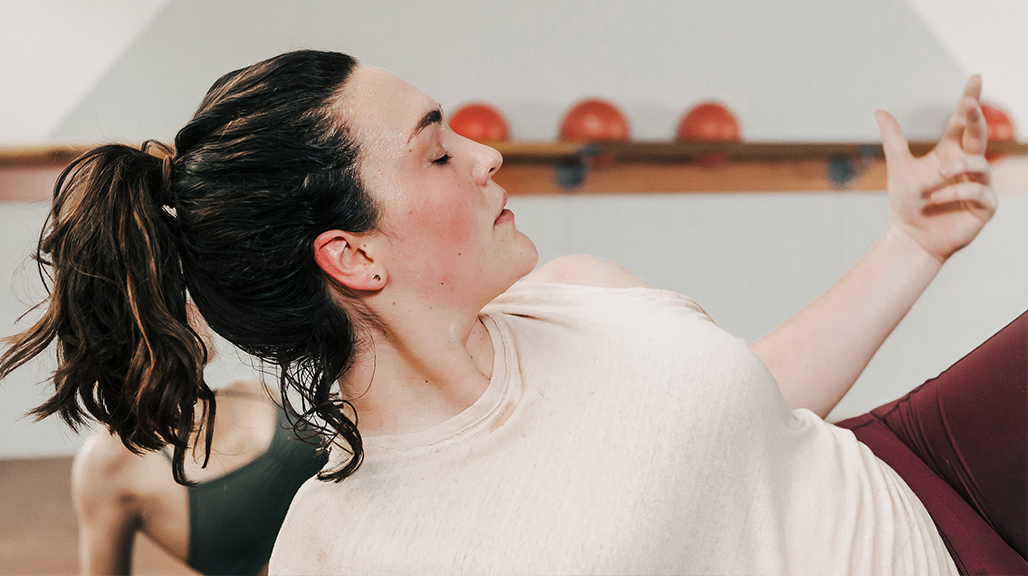
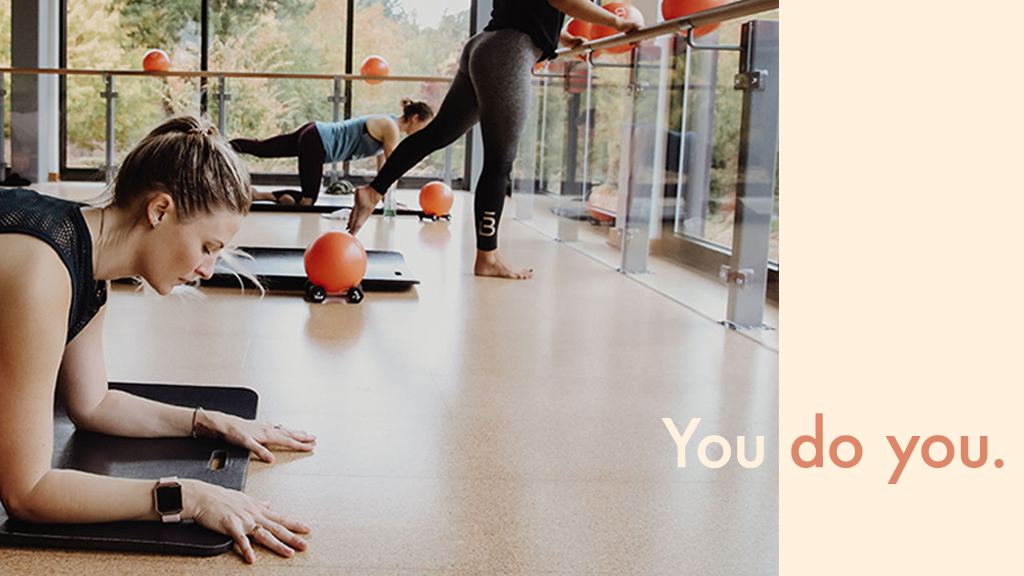



0 people have left a comment. Join the conversation!
View Comments